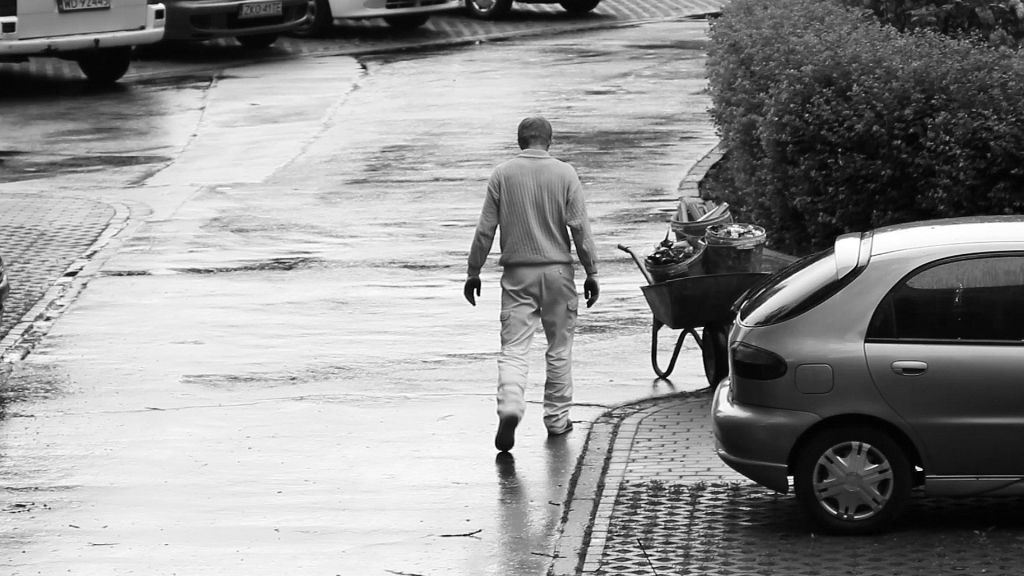The Polish Competition
The Polish documentary film competition serves as a platform for discussing modern documentary art. After the screenings, the filmmakers and audience members will have the opportunity to share their thoughts in the festival spirit. The tension between the classic and the new forms of expression, formal and thematic exploration, the defying of genres, and the changing of cinematic customs: this is what determines SEFF. The intercultural background and dialogue of the Polish-German committee members guarantee the viewers a broad look at modern documentary cinema, its artistic and social engagement, as well as involvement in an individual protagonist.
This year, the Program Committee consisting of Jörg Foth, Joanna Wójcik, and Bartosz Wójcik has selected the following 10 films for the Polish Competition:
Past events
- 25.10.2015, 17:30 - 19:30, Akademia Sztuki, Polish Competition: Block 2
- 25.10.2015, 15:00 - 17:00, Akademia Sztuki, Polish Competition: Block 1
Filmy poprzednich edycji
- 8562518’25’’
Production: PL 2014
When it comes to expression, this documentary is built on: its protagonist's narration, painting, and the director's music. The verbal layer consists of Zbigniew Kołakowski's memories of war. As a teenage boy he survived two concentration camps: in Sachsenhausen and in Flossenburg. He worked at the crematorium. When he got there he thought it would postpone his death by two weeks (that was how often they changed the crematorium staff). It is a powerful film, in the protagonist's own words. And thanks to the protagonist himself – one that gives hope.
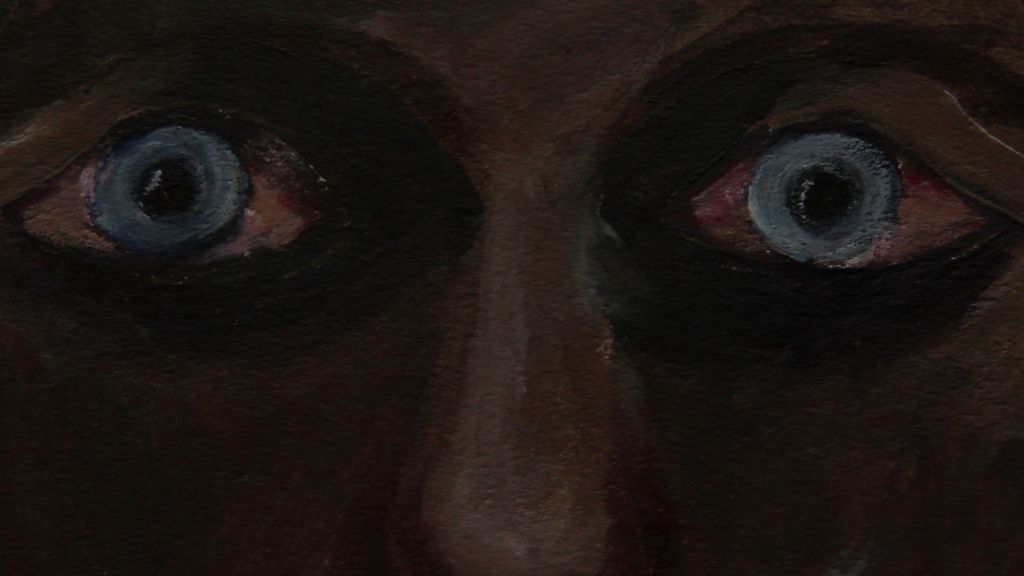
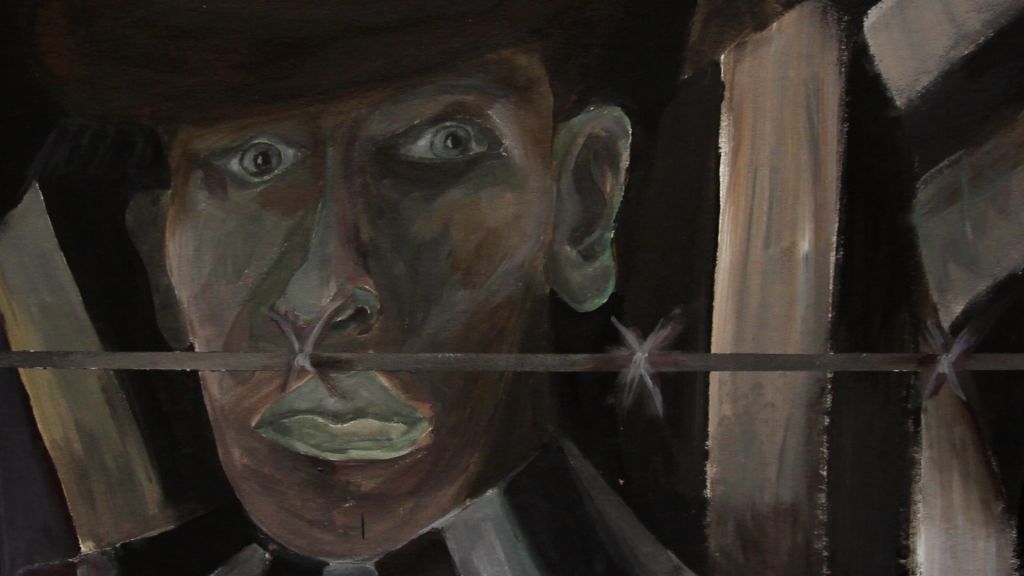
read more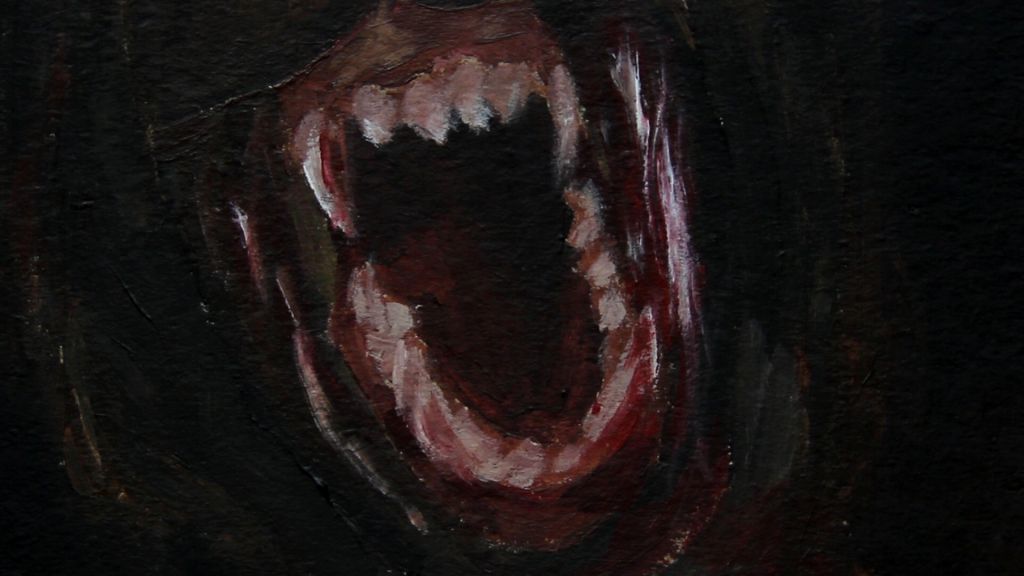
- Amerykanka. All Included52’
Production: BY/PL 2014The film tells about well-known journalist and writer Alexander Fyaduta and his life in the Belarussian KGB prison "Amerikanka." 20 years ago he was advisor toLukashenko and helped him win the elections. Then Fyaduta left him and joined the Belarussian opposition. The protagonist was in custody for 110 days after the 2010 presidential election in Belarus and described it in a book. The idea of the film - to shift the disappointing reality of the language of literature, changing the genre from drama to comedy. Thus the terrible State Mechanism portrayed in ironic tones, turns into a caricature of itself. Alexander Fyaduta will take the audience into one of the most secret places in Belarus - “Amerikanka,” not just the real prison, but a drawn and animated version of it.
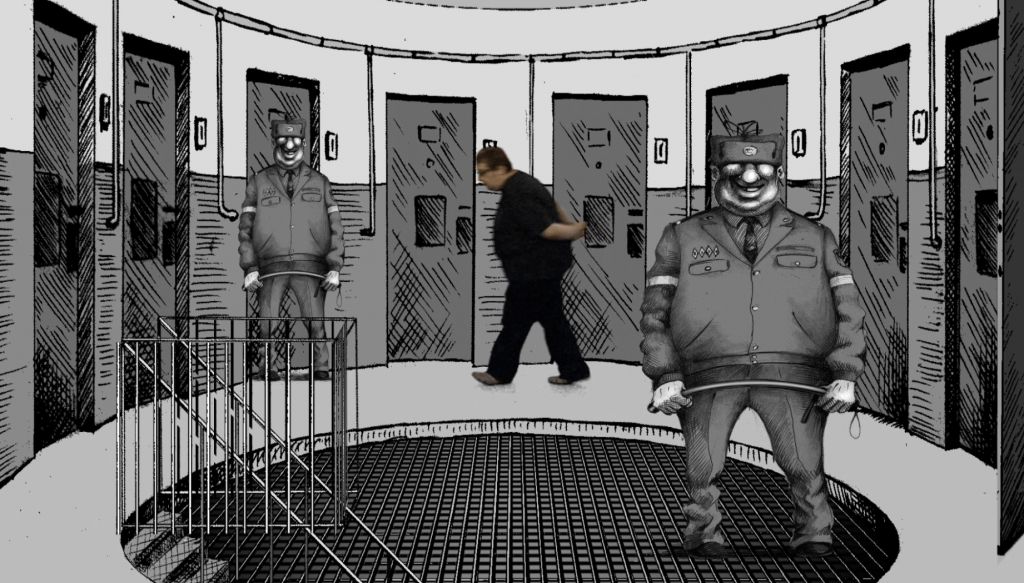
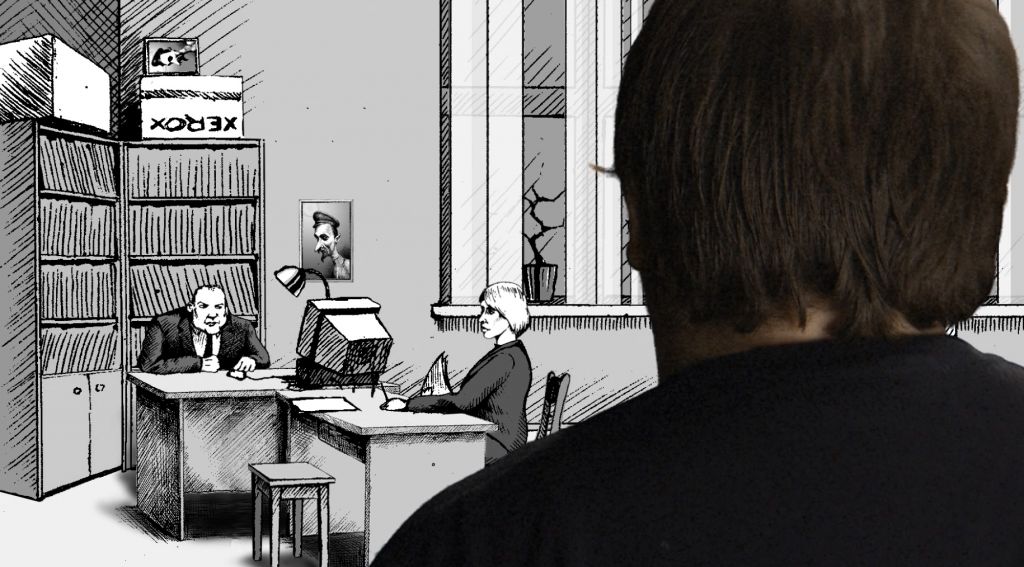
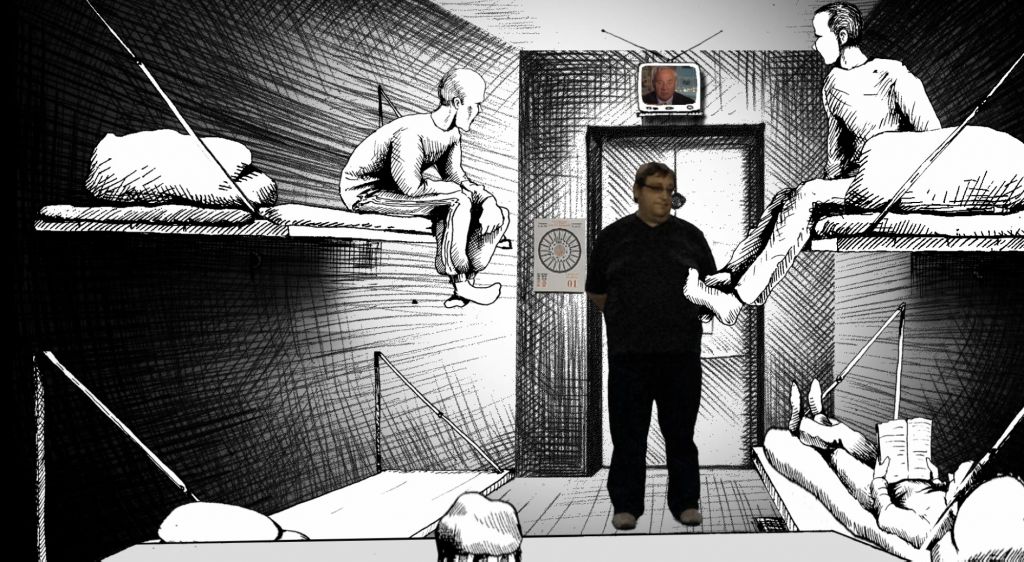
read more - Chapri6’
Production: PL 2014
From nothingness, a shapeless structure, by man's hand are fragile layers made. The author shows the hand-crafting of Muslim paper through simple cinematic means: “Light, shadow, and sound form an impressionistic portrait of an ephemeral act.” The craftswoman, Katharina Siedler, uses a technique that traces back to the 8th century. As the director puts it: “The papermaker embodies the process of its crafting.” The film is dedicated to the great French filmmaker Robert Bresson.
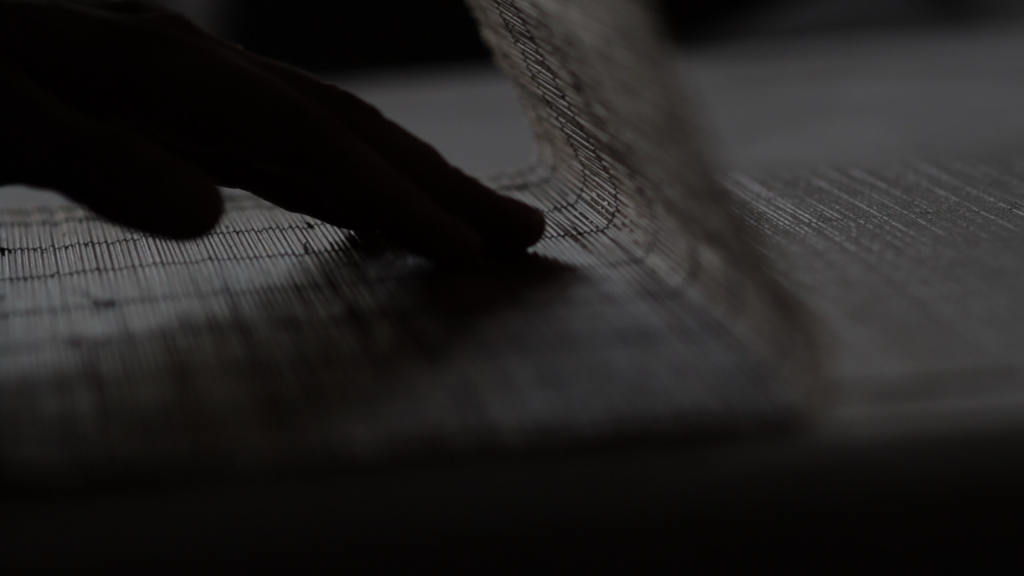
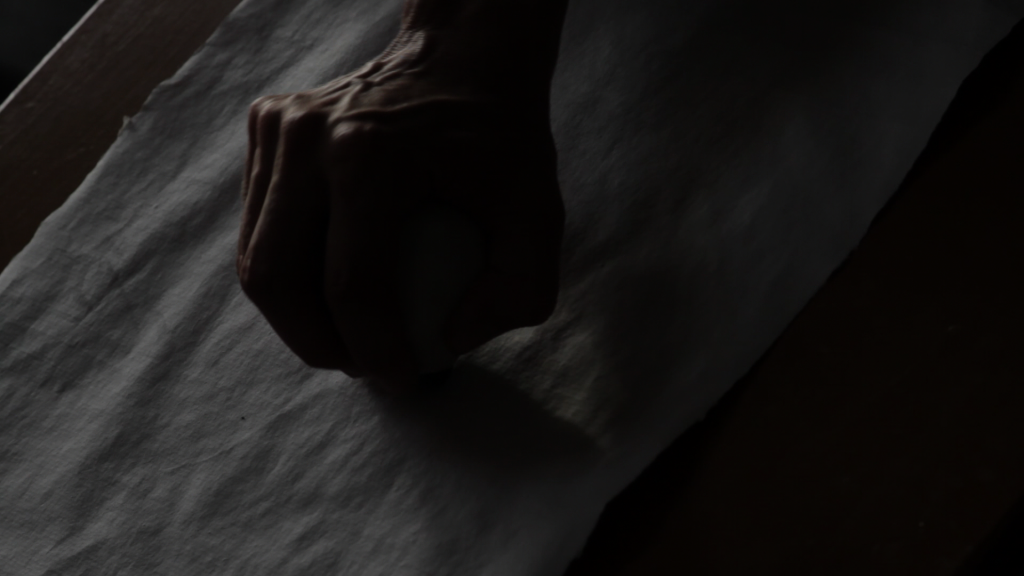
read more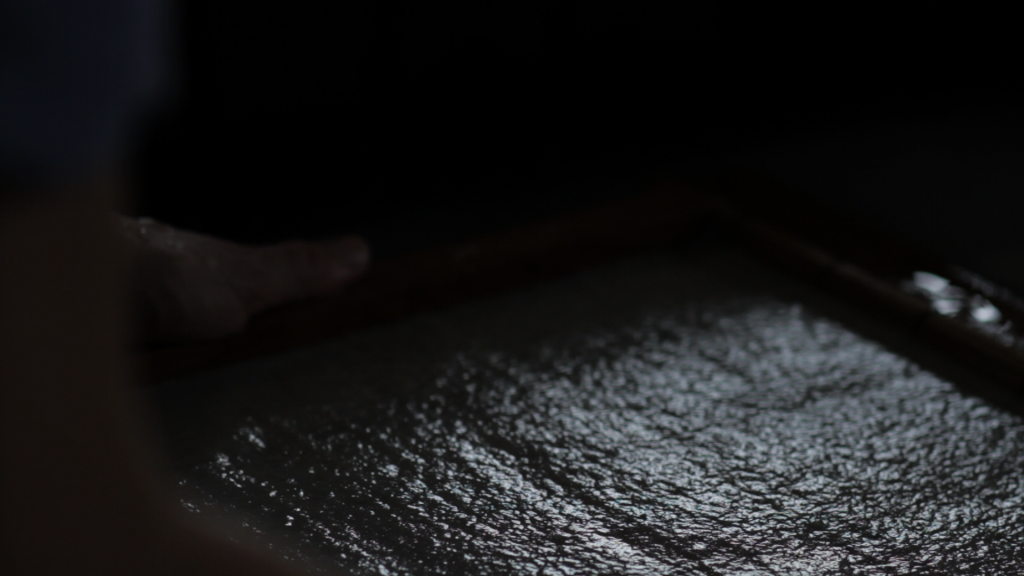
- Invisible22’
Production: PL 2014
We meet the film's protagonist, Mrs Krystyna, in her tiny flat filled with books, notepads, written-on pieces of paper. She is often visited by a secretary, who helps her with writing down poetry that has been springing up every day for many years. Now Mrs Krystyna is the whirl of preparations for another presentation of her work. The organisational details of this endeavour are as important as the poems, since Mrs Krystyna is blind. Dependent on others' assistance when it comes to contact with the outside world, she is both vigorous and dedicated to her passion.
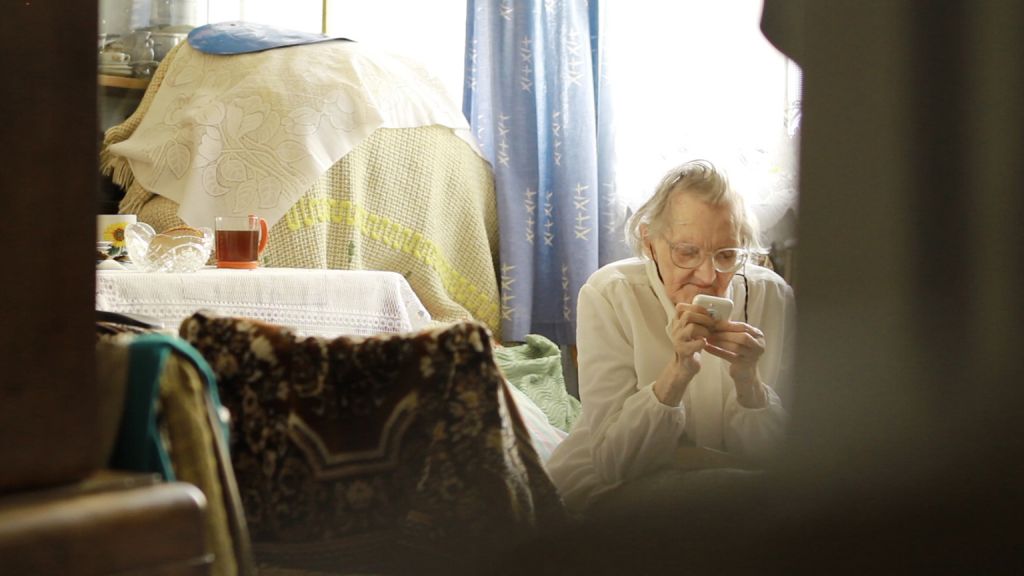
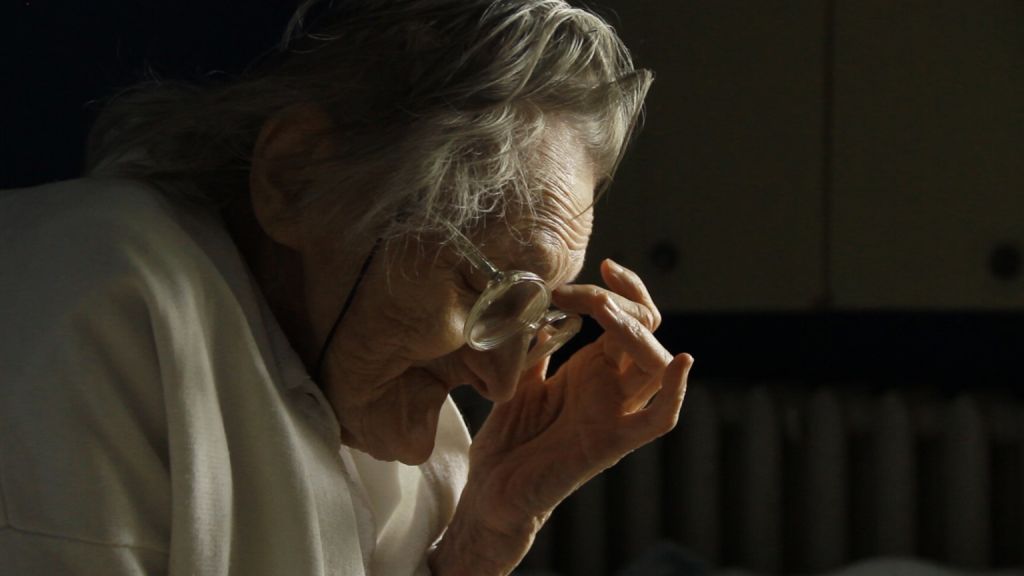
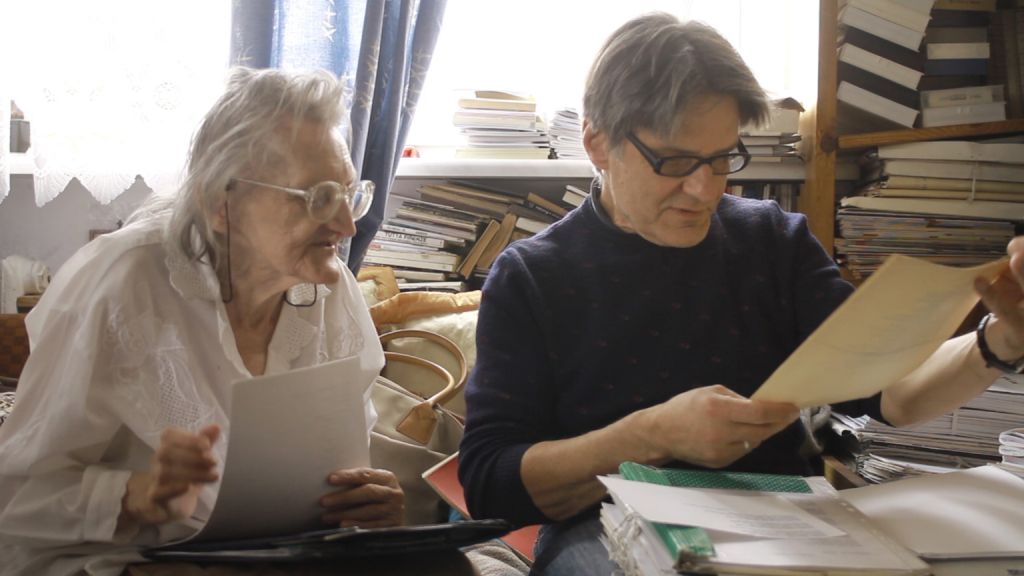 read more
read more - Shepherd’s Song30’
Production PL 2014
Somewhere in the high mountains of Armenia, there lives the blind shepherd Khachik. In spite of all the adversities, he has set up a family and leads a quiet life, single-handedly herding his goats on the steep slopes. However, when it turns out that his only son is losing his sight too and has to move to Yerevan to attend a school for the blind, Khachik faces a dilemma: should he keep on living the life of a humble shepherd, or should he move to the capital city too to be with his son? This is a difficult choice for him as he strongly believes that blindness is a curse hanging over his family, and that the only living a devout life in the mountains can lift it.
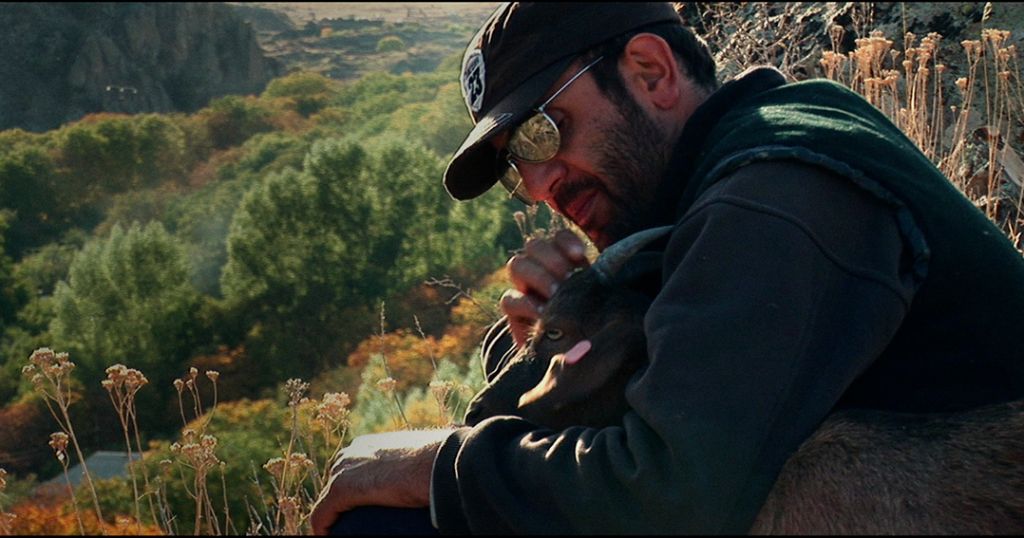
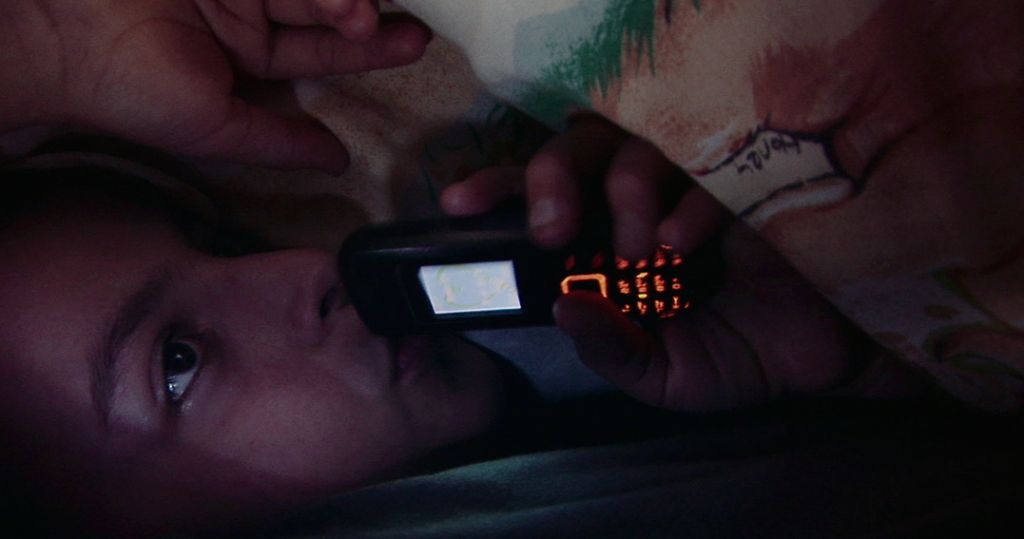 read more
read more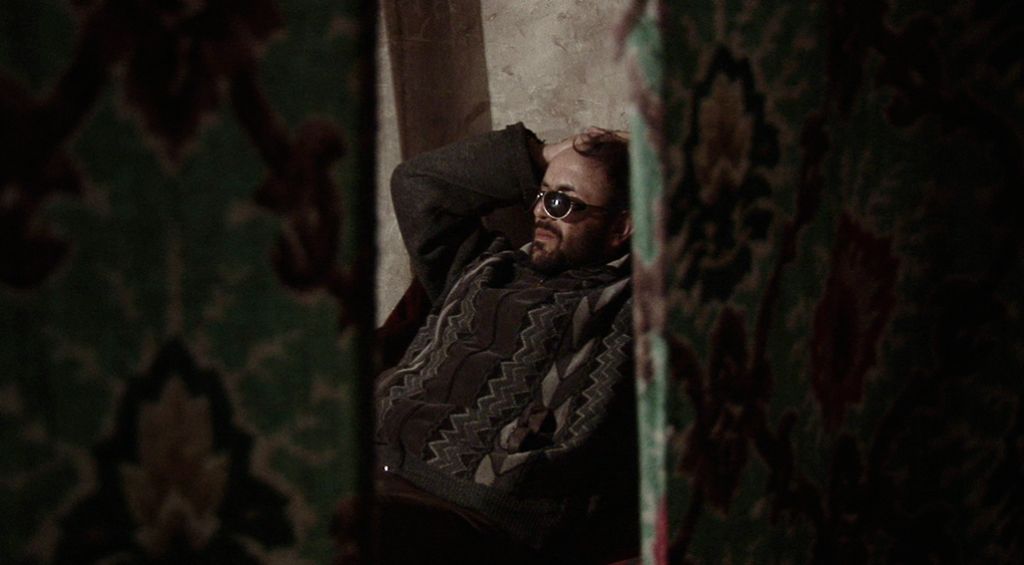
- RekonGrodek17’
Production: DE/PL/USA 2014
“What clues are you looking for? What clues? The death of Georg Trakl, insanity, hallucinatory prophecy, the nightmare of history, a vortex filtering reality through a morbidly confused mind. What clues are you looking for?” These questions are brought up by the experimental “RekonGrodek,” whose authors, through dark imagery, relate to the assumed suicide of poet Georg Trakl. It happened in a military hospital in Cracow in 1914. Conscripted in August, Trakl participated in one of the first battles: the unbelievably bloody battle of Gródek. Drafted as a pharmacist, he did not have a chance to help the dying and the suffering. His last poem, “Grodek,” was written after these events.
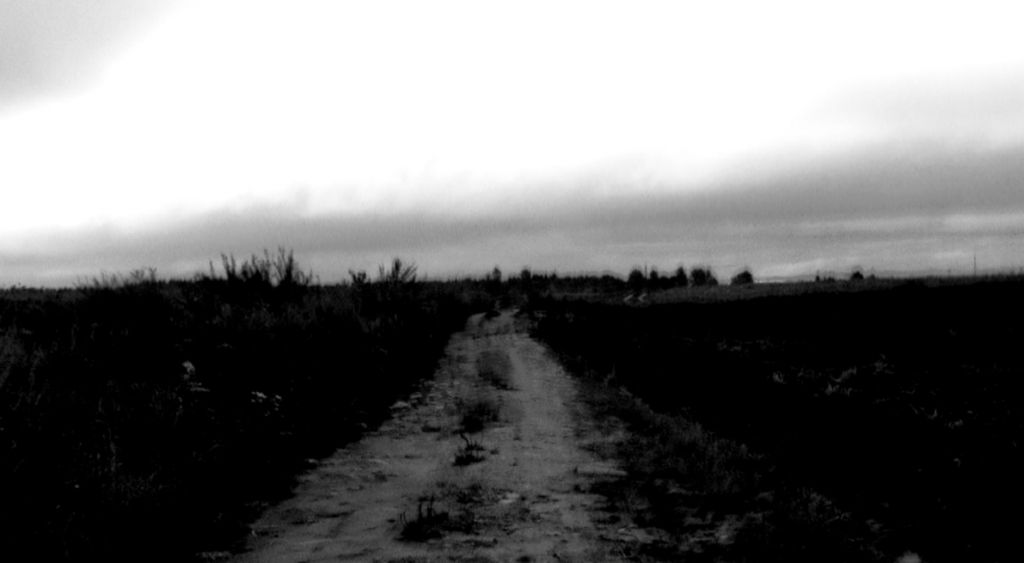
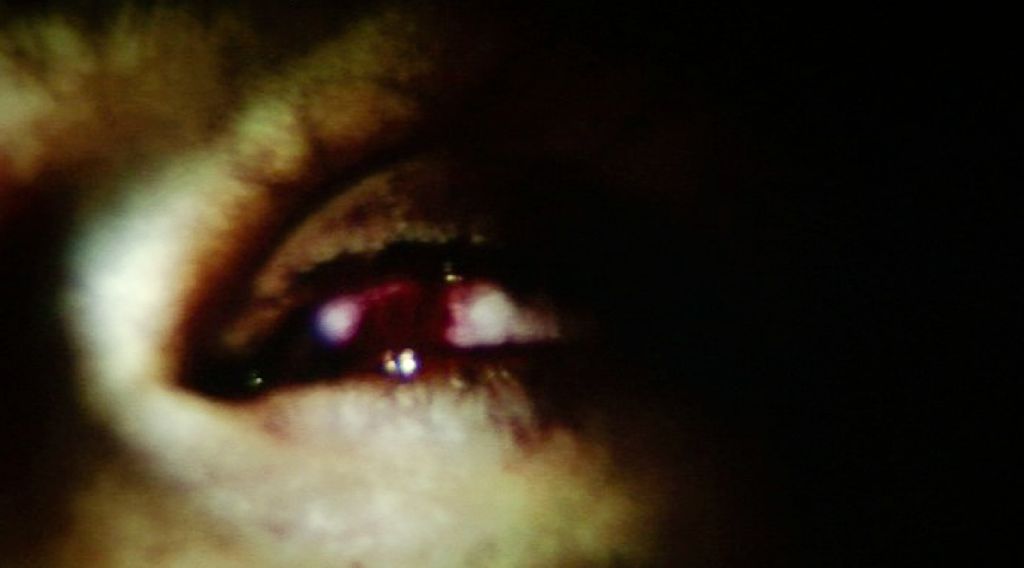
read more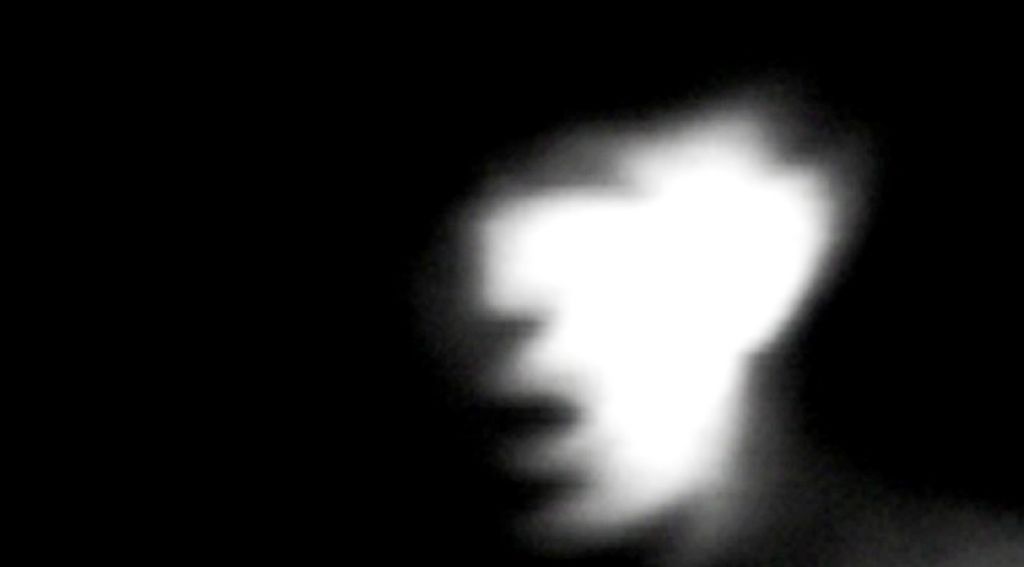
- The Real Dreams10’54’’
Production: PL 2014
The film consists of time-lapse images taken in different spaces converted into camera obscura. These are: the igloo, hunting pulpit, cave, tent, boat and caravan. The author shows the magical aspect of photography that appears spontaneously in nature and is omnipresent. Inside a closed, darkened space you need to create a small hole to be able to admire moving projections of reality. The external view of the world is inverted inside the room, so two spaces merge into one extraordinary image. The author selected the spaces which are , to a degree, shelters: “When I am hidden inside, I am simultaneously an observer of the outside world and the background to the projection of nature. It is, in a sense, a work about me, about my deep connection with nature.”

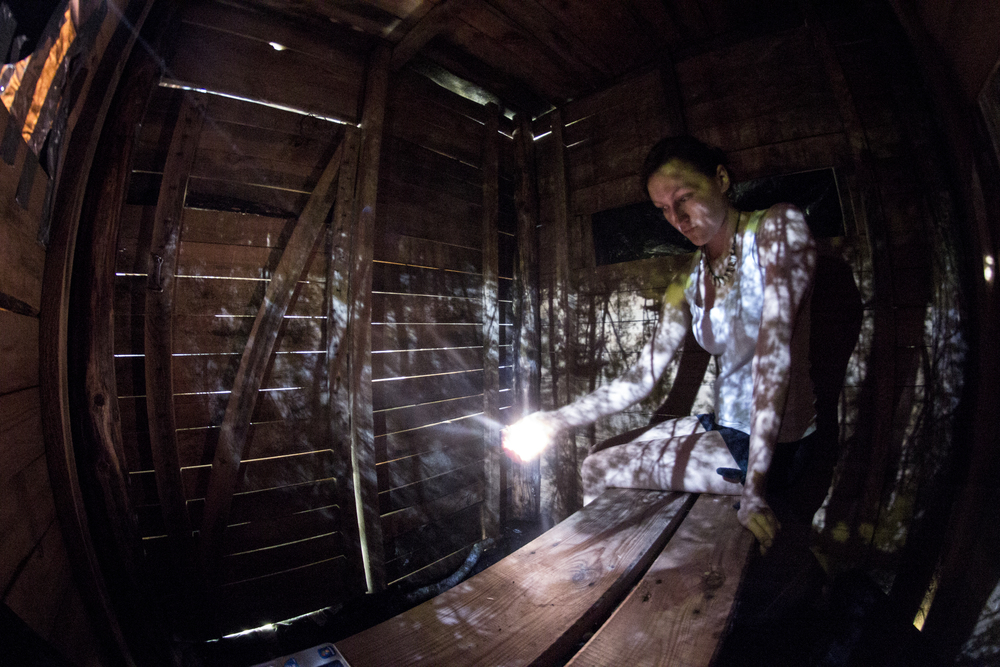
read more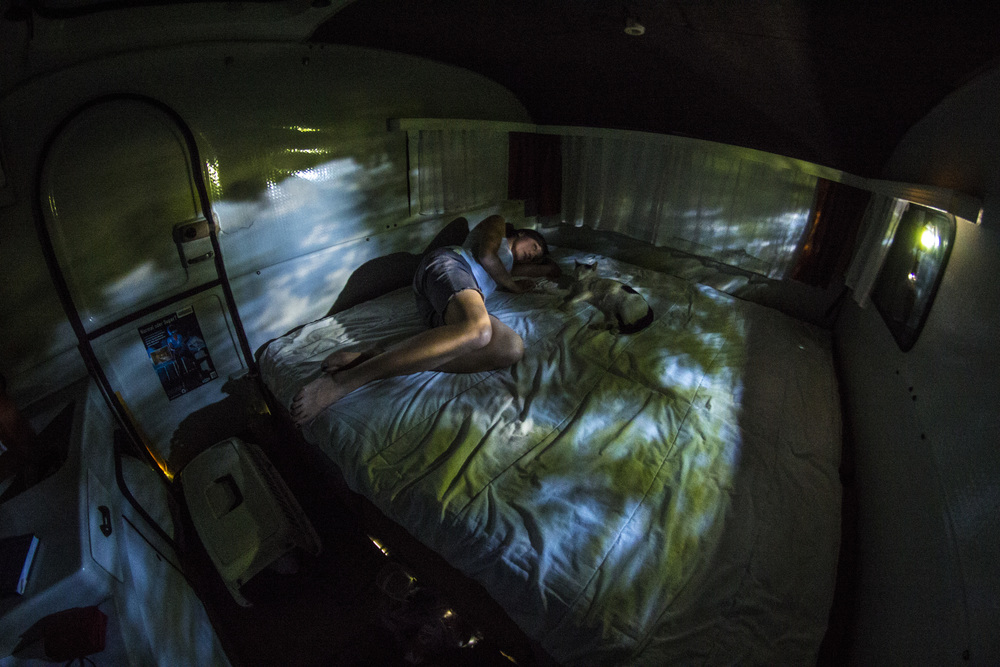
- Touch of Freedom11’38’’
Production: PL 2015
Poland has a tradition of coal mining existing for more than 200 years. After the excruciating hard work inside the deep, dark, hot and claustrophobic environment of the coal mines, some of the Polish miners return home to nurture a hobby that makes us wonder about the journey they make every day to earn their living and also to nurture a special passion - they raise postal pigeons. The film observes, without using any words, the dark strong contrast that exists in the two spaces that the miners traverse every day - the pitch-black darkness of the mines and the open skies the miners gaze at as their pigeons fly everyday to keep fit. What does it say about the miners? What does it say about us as human beings?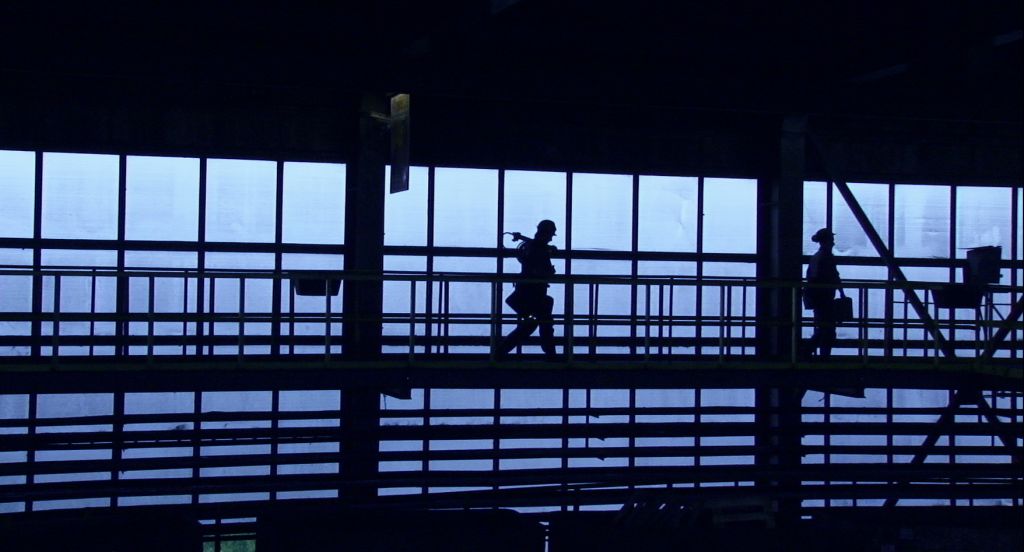
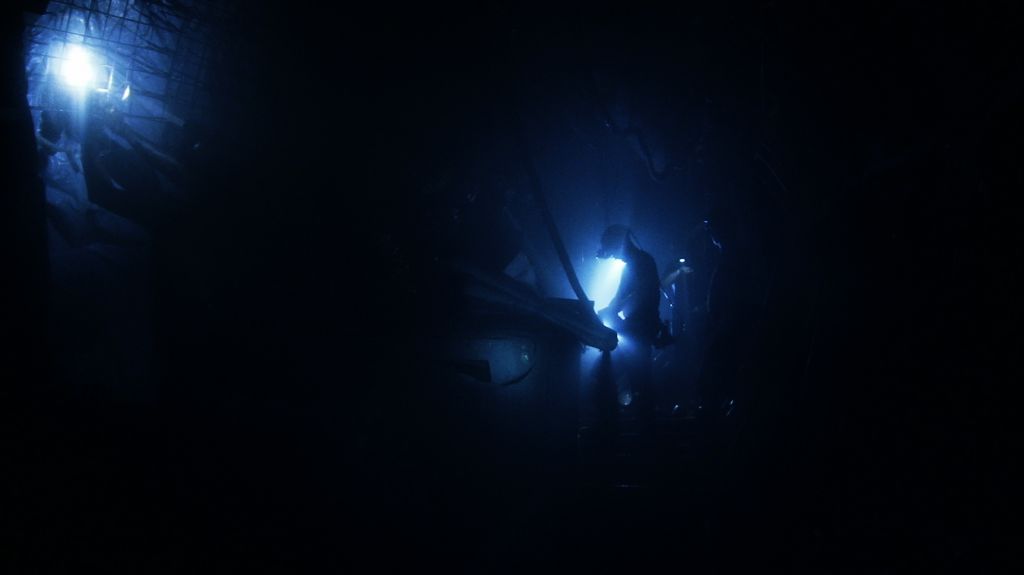
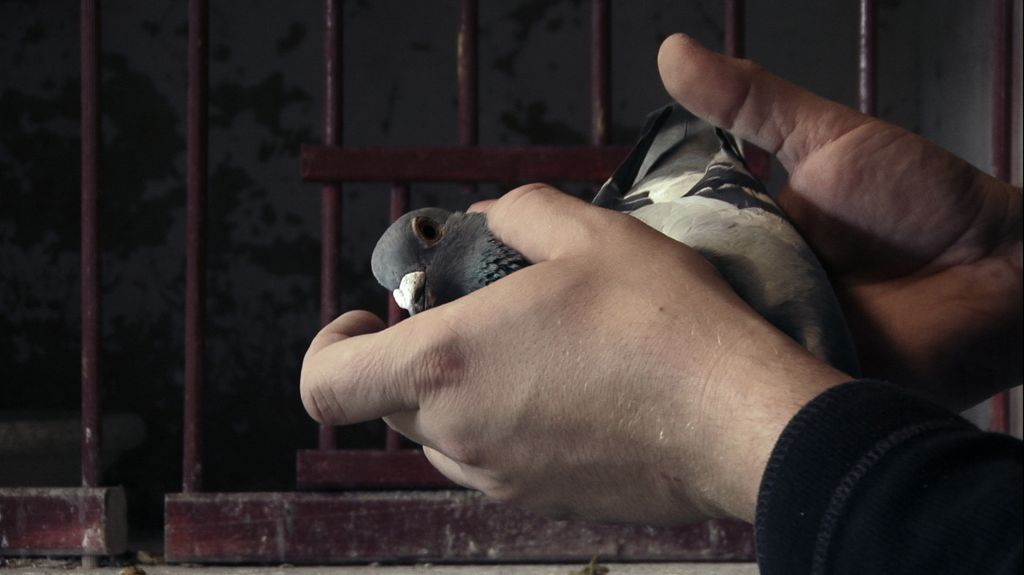
read more - Visible – Not Visible3’37’’
Production: PL 2014The images are everywhere, and nature is the greatest artist. Photography is strongly connected to nature, we can say it comes from nature. Photography contains an element of magic, particularly pinhole photography. The phenomenon of camera obscura occurs spontaneously in nature, it creates the most realistic projections. You can get the most interesting illusions by manipulating those projections. Nature “controls” the process of seeing through manipulating light and shadow. On one hand, the author is paying tribute to nature, on the other: she tries to change the course of things and take control over the process of viewing. Using white and black paint, the author sometimes hides and sometimes enhances nature's projections. Freely changing the viewing angle, focus, stretching and resizing, using paint she gives it a new form. She’s playing with nature.Obrazy są wszędzie, a natura jest najwspanialszym artystą. Fotografia, mocno z naturą
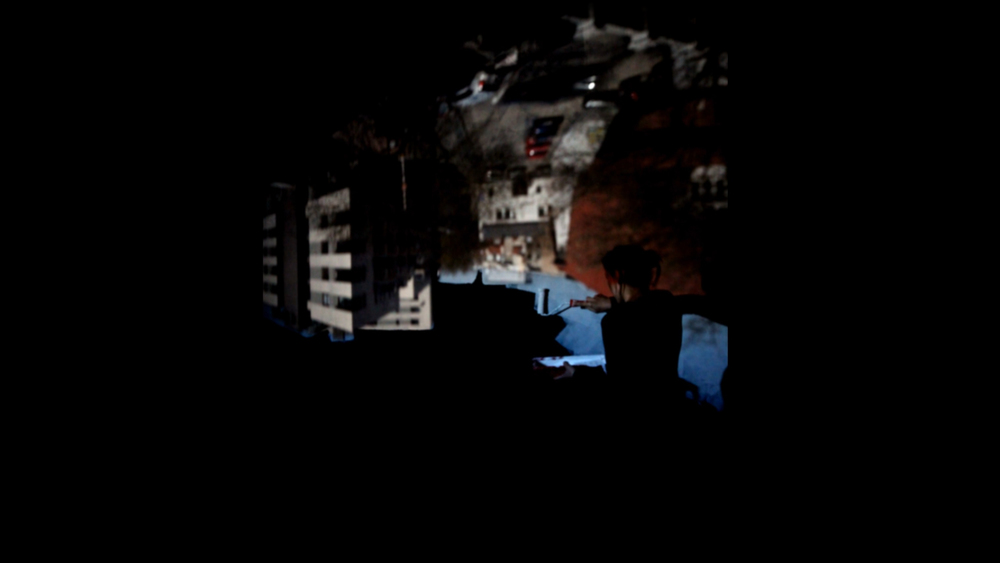

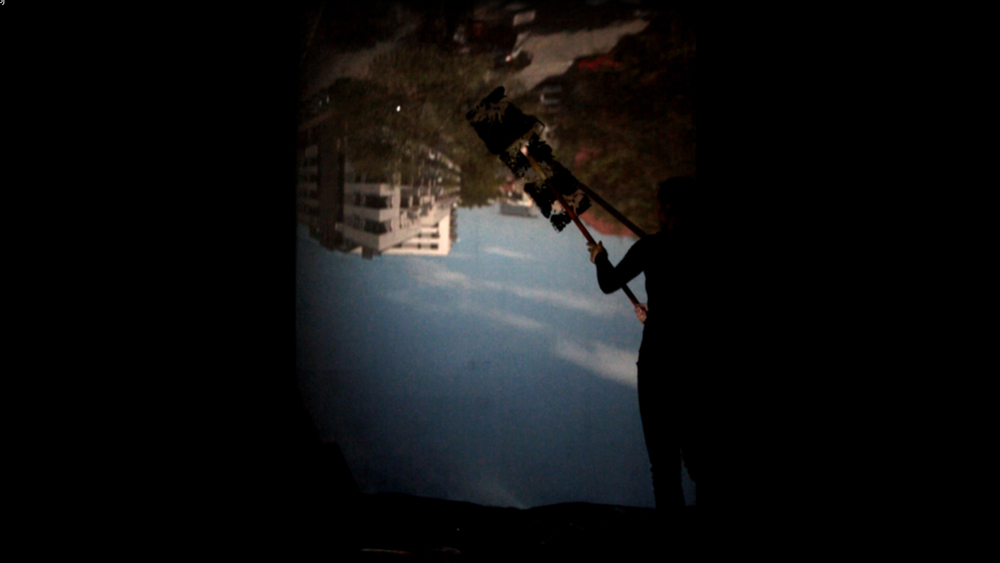
read more - The Crow8’
“It was raining. I was studying for my natural philosophy exam. Noise was coming from outside. I looked out the window. What I saw intrigued me enough to turn on my camera and document the unfolding event.” This is how the author of “Wrona” describes the origin of his short documentary observation. The film is a record of a certain story seen from the window of a block of flats overlooking a park. In a concise manner, it shows human attitudes toward the unusual behaviour of a young crow. This formally simple documentary, recorded from a single angle, forms a universal tale about mankind.
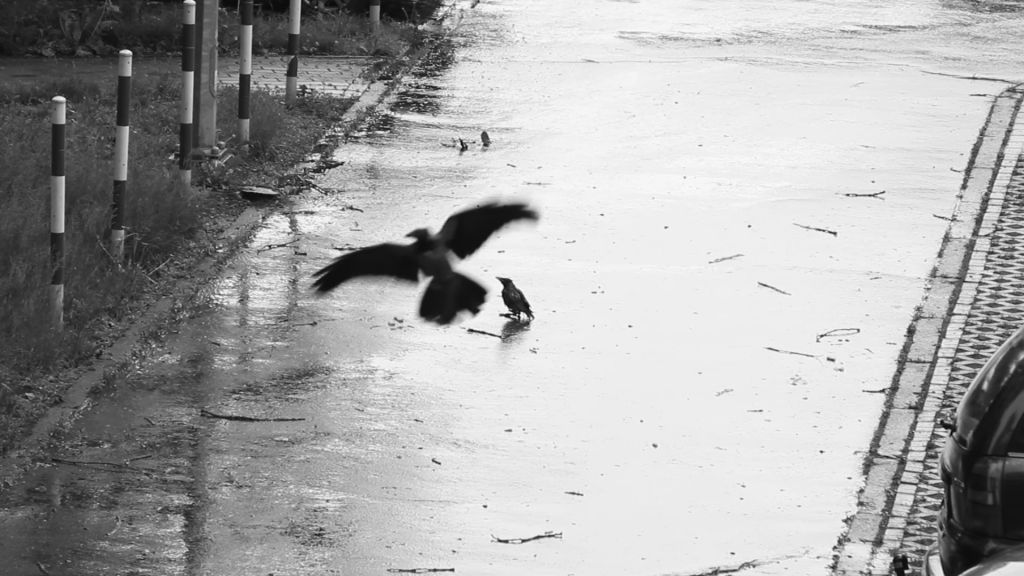
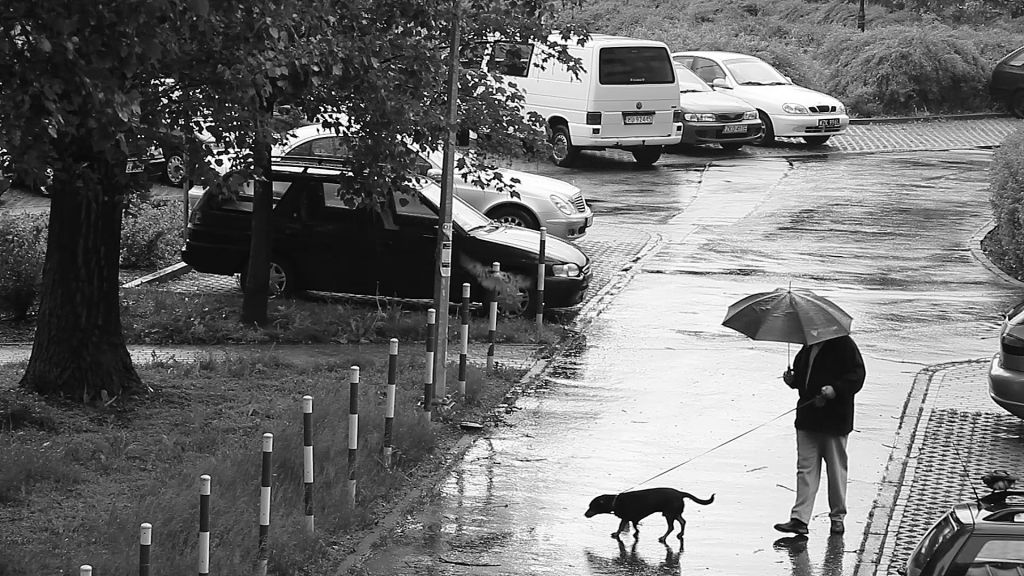
read more